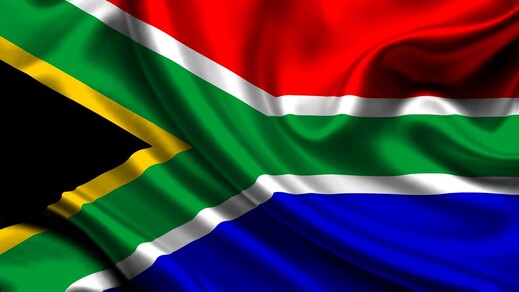|
Authored by: Christopher Palm, Chief Risk Advisor, Institute of Risk Management South Africa
The top risk in South Africa is structurally high unemployment; followed by growing income disparity and inequality, according to the 2019 IRMSA Risk Report. Stats SA says unemployment in the first quarter of 2019 increased by 0,5 of a percentage point, bringing the rate to 27,6%. The burden of unemployment is concentrated amongst the youth between the age of 15 and 34 years. Almost 4 in every 10 young people in the labour force do not have a job. The IRMSA report creates awareness of the risks facing the achievement of the South African country and industry objectives. More than 85 experts in their fields provided opinions and profound insights for each of the top ten risks facing the country and industry. In the IRMSA report VoxCroft Analytics specifically expressed concern that the growing disillusionment among the youth of South Africa could lead to a youth-driven protest movement, on a much larger scale than the student protest movement. Such a movement, if led and supported by other population groups in the country, would hold a particular challenge for the general political stability of the country. Nerine Kahn, CEO at Employment Relations Exchange, says unemployment is possibly the highest risk to the achievement of any or all of the National Development Plan’s (NDP) objectives. The NDP goals are targeted towards developing certain aspects of the economy, but require very significant skills and education levels. IRMSA recognises the NDP as the legitimate summation of the joint goals of government and private sector; to work towards a shared and prosperous future for the country and its people. Graeme Codrington, founding director of strategic insights firm, TomorrowToday, says South Africa is seemingly just limping along with not much changing, and yet, under the surface some significant shifts are taking place. The impact of fraud and corruption and State failure has shifted down the risk-list. It is now in the fourth place. In 2017 it was top of the list, and last year it was the second biggest risk facing the country. This reflects the ending of the Zuma-era; a decade that will be blight on the nation for some time to come. Last year saw the beginnings of a collective resolve to reverse the damage. Difficult decisions were made, such as raising the VAT rate with one percentage points, replacing the boards of key State-Owned Enterprises, dropping the nuclear deal and tackling the land issue. South Africa has a robust economy and currency (relative, at least, to our peer group which include countries such as Turkey, Argentina, Thailand, Indonesia, Mexico, Egypt and Nigeria). It has a stronger government than we have had for years. We are not where we want to be, but we are a long way ahead of where we once were. The first few years of the 2020s will see a more resolute approach to solving the land issue. We have no future as a country if a vast majority of its citizens remain locked in endemic poverty and landlessness. The ANC has pledged to deal with the land issue lawfully, carefully and without damaging the country’s economy. Small groups, with their own particular agendas, are using fear-mongering tactics along with “sophisticated psychological techniques” and the manipulation of social media, to sow seeds of fear, discord and enmity between ordinary South Africans. Business and individuals must get involved in solving the major issues that currently lock people out of their futures, especially education, employment and healthcare. Trevor Channing, head of governance and risk at the Chemical Industries Education and Training Authority (CHIETA), is of the view that South Africa’s second biggest risk - growing income disparity and inequality - will threaten the majority of the six priorities in the NDP. It will have a direct impact on our social cohesion, strengthening our democracy, citizenry and functioning as a capable and developmental state. The country now needs ethical political leadership for sustainable foreign investments, and an end to wasteful expenditure for resources to be applied in ways that will stimulate economic growth. The country needs all sectors of society to create a united front against the national issues that are holding us back. South Africa top 10 overall risks
ENDS MEDIA CONTACT: Rosa-Mari, 060 995 6277, [email protected], www.atthatpoint.co.za For more information on IRMSA please visit: Website: https://www.irmsa.org.za/ Twitter: https://twitter.com/IRMSAInsight Facebook: https://www.facebook.com/IRMSAInsight/?ref=hl LinkedIn: https://www.linkedin.com/company/irmsa-institute-of-risk-management-sa/
0 Comments
Leave a Reply. |
Welcome to the IRMSA Newsroom
Archives
December 2020
Categories
All
|


 RSS Feed
RSS Feed